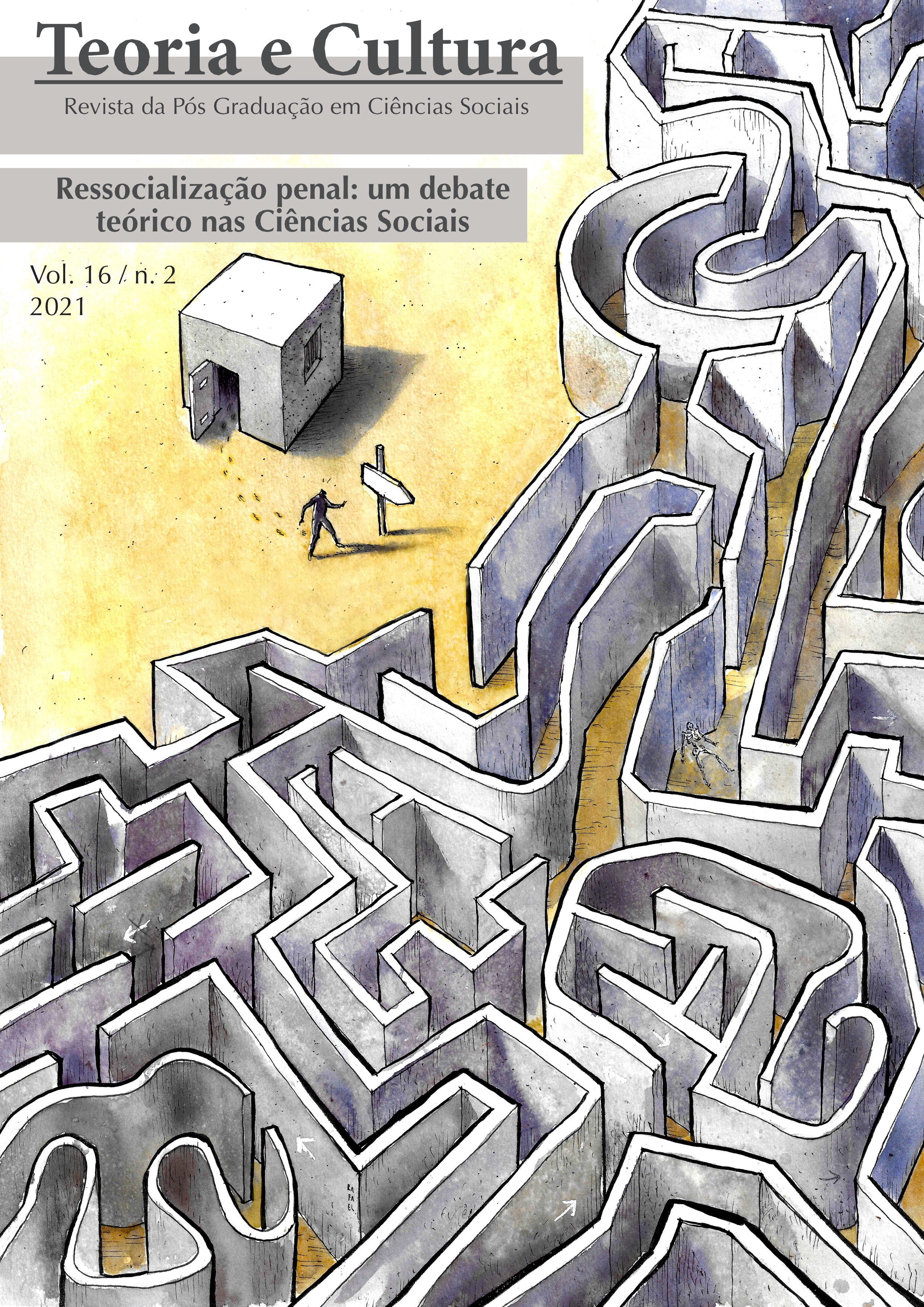Mental health and resocialization: tensions and challenges
tensiones y desafíos
DOI:
https://doi.org/10.34019/2318-101X.2021.v16.33802Abstract
Latin American prisons are characterized by overcrowding and institutional violence. Also, inmates are usually young adults who used to live in contexts of poverty and vulnerability.
Incarceration affects their mental health because of daily violence, lack of privacy, distance from family and forced leisure, and drug abuse has become a way to alleviate this suffering,
However, incarceration effects on mental health have not been sufficiently addressed because psychology has been primarily focused on inmate's resocializing. Considering that study options, job training, and possibilities of future social insertion are not offered, resocializing becomes an empty task and a necessary fiction for the continuity of this type of institution.
This text, as an essay, points out the tensions and contradictions between resocializing objectives that the prison imposes and offers a mental health perspective that takes in account forms of solidarity and broad relationships. The essay is based on an experience of intervention carried out in the Villahermosa prison in Cali, Colombia.








